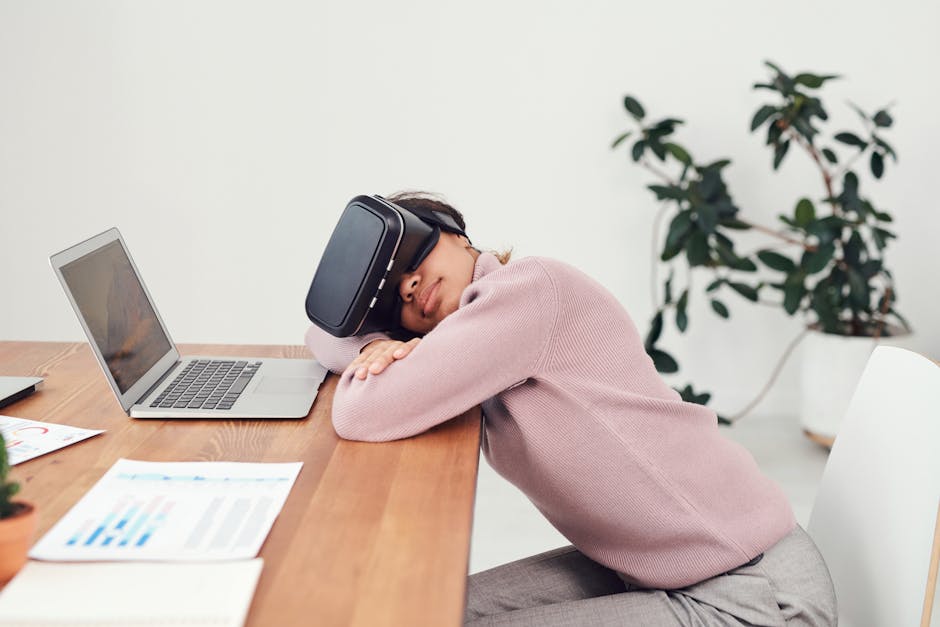Desk Booking Systems: How They Work and What to Look For
"A desk booking system is software that lets employees reserve workspaces in advance. Key features include Outlook/Google integration, mobile apps, interactive floor maps, check-in enforcement, and usage analytics. Most systems cost $2-5 per desk per month. "

Desk Booking Systems: How They Work and What to Look For
A desk booking system is software that lets employees reserve workspaces in advance using a mobile app, web portal, or calendar integration. Employees see available desks on an interactive floor map, book one for their office day, and check in when they arrive. The system tracks usage data so facility managers can optimize desk-to-employee ratios.

Understanding Desk Booking Systems
A desk booking system is a sophisticated tool that allows employees to reserve workspaces in advance. This technology is particularly valuable in hybrid work settings where not all staff members are present in the office simultaneously. By implementing a desk booking solution, companies can ensure that their office space is used efficiently while providing employees with the flexibility they desire.
Key Features of Effective Desk Booking Software
When selecting a desk booking system for your organization, look for these essential features:
- User-Friendly Interface: An intuitive platform that makes it easy for employees to find and book available desks.
- Real-Time Availability: Up-to-date information on which desks are free and when.
- Mobile Compatibility: The ability to book desks on-the-go using smartphones or tablets.
- Integration Capabilities: Seamless integration with other workplace management tools and calendars.
- Analytics and Reporting: Insights into space utilization patterns to inform decision-making.
The Benefits of Implementing a Desk Booking System
Revolutionizing hybrid work through desk booking systems offers numerous advantages for both employers and employees:
For Employers:
- Optimized Space Utilization: By tracking desk usage, companies can make data-driven decisions about their office layout and size.
- Cost Savings: Efficient space management can lead to reduced real estate costs.
- Enhanced Hygiene Protocols: In a post-pandemic world, desk booking systems can help maintain social distancing and cleaning schedules.
For Employees:
- Increased Flexibility: Staff can choose when and where they work within the office.
- Improved Collaboration: Teams can book desks near each other for project work.
- Reduced Stress: Eliminating the uncertainty of desk availability upon arrival at the office.

Implementing a Desk Booking System Successfully
To ensure a smooth transition to a desk booking system, consider the following steps:
-
Assess Your Needs: Evaluate your office space and employee work patterns to determine the most suitable system for your organization.
-
Choose the Right Software: Select a desk booking solution that aligns with your company's size, budget, and technical requirements.
-
Develop Clear Policies: Establish guidelines for desk booking, including reservation limits and cancellation procedures.
-
Provide Thorough Training: Ensure all employees understand how to use the system effectively.
-
Gather Feedback: Regularly collect input from users to refine and improve the system over time.
Give your employees a role in shaping their office experience by involving them in the implementation process. This can lead to higher adoption rates and overall satisfaction with the new system.
Overcoming Common Challenges
While desk booking systems offer numerous benefits, there can be hurdles to overcome:
- Resistance to Change: Some employees may be hesitant to adopt new technology. Address this by highlighting the benefits and providing ample support.
- Technical Issues: Ensure your IT team is prepared to handle any software glitches or integration problems promptly.
- Overbooking: Implement fair usage policies to prevent a small group of employees from monopolizing desks.
The Future of Desk Booking
As technologies to help you manage office space utilization continue to evolve, we can expect desk booking systems to become even more sophisticated. Future trends may include:
- AI-powered booking suggestions based on individual work patterns
- Integration with IoT devices for automated check-in and environment customization
- Advanced analytics for predictive space planning

Conclusion
Desk booking systems are more than just a trend; they're a fundamental shift in how we approach office space management. By embracing this technology, organizations can create more flexible, efficient, and employee-centric workplaces. As we move further into the era of hybrid work, the ability to effectively manage office space will be a key differentiator for successful businesses.
Implementing a desk booking system is an investment in your company's future, promoting a culture of flexibility and innovation. By carefully selecting the right solution and following best practices for implementation, you can transform your office into a dynamic space that meets the evolving needs of your workforce.
Want to learn more about Desk Booking?
Explore our complete guide with more articles like this one.


